
 Flash News
Flash News
Details from the murder of Renis Dobra, it is suspected that the perpetrators ambushed the 23-year-old's car with weapons
Scandal at Belgrade airport/ Bus with Albanians blocked by police, then locked on plane
Accident in Kosovo, 1 victim and 4 injured reported
The appeal of the GJKKO upholds the prison sentence for Gjergj Cukali
Man arrested after setting fire to aunt's apartment
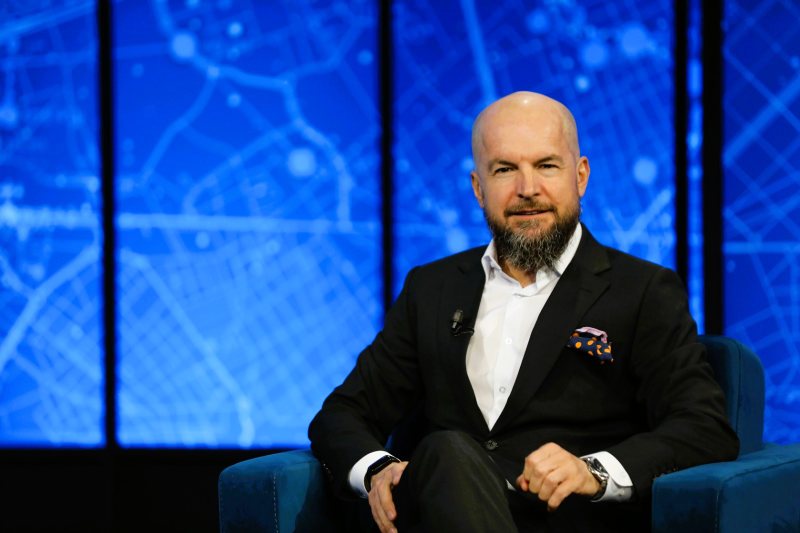
Alfred Lela
Dressed in his oversized pants — those signature baggy trousers — and black clothes [to slim his silhouette], Edi Rama has been roaming across Albania for a week now in a bizarre, misplaced delirium, as if he’s burdened with some ancient mission that must finally be fulfilled.
Trailing behind him are weary women worn down by hardship and the peak summer heat; bodyguards trying to hold them back — though it’s unclear whether these women want to hug the Leader or curse him. Alongside, a procession of MPs and local officials follows — ever ready to throw their bodies into the path as human shields, lest anything untoward, God forbid, should happen to the Commander.
Grave and theatrical — like a decision of the Warsaw Pact echoing up the canyons of the Vlora River — he wanders through the First Operational Zone: that newly paved road and from there, he hands down decisions like Enver Hoxha — about the cottages in Theth, the tents in Himara, the condoms on Lungomare, and the sidewalks of Tirana.
The first to follow him in this "campaign against foreign manifestations" — namely, the phenomenon of sidewalks being blocked by bar chairs — is a northern Albanian, epic like all Nordics, but who, unlike them, has acquired both wisdom and fish, and has now entered the lyricism of capitalism: Gjergj, son of Ndrekë Luca.
In proper chieftain style, he issues an order: that his property Rozafa — must clear the chairs from the blocked walkway, even though they have paid the state over those chairs for 25 years — just like in the Epics.
Meanwhile, Edi retreats to the government villa in Dhërmi. Barefoot, like the olive trees in Xhevahir Spahiu’s verses, he “wanders alone along the shores.” His forehead flashes — like Zeus’s thunderbolt above the Acroceraunian peaks, high above Dhërmi — with his aching love for Albania. Nearly naked, like all wannabe-saints, he boards a boat with no captain and drifts into the bay of Saint Andrew.
“These are my shores,” he reflects. “To whom shall I grant this jewel of the Ionian, with a Prime Minister’s seal?” He tries, for a moment, to imagine pairing some businessmen with this intimate cove — a place where, say, Thetis might have dipped baby Achilles to cloak him in immortality — but he shudders.
He begins to envision Green Coast, stretching from Palasa to Saint Andrew — a monstrous ochre beast whose eyes look out at Corfu and are clouded by the greenery.
“How was it that no one stopped us — not the laws, not the foreigners and their ‘democratic standards’ — from turning Albania into what we dreamed?” he wonders to himself.
He turns toward the boat again. Trouble has erupted in Theth. God, it seems, shaped that valley like an arena — made for battle and disobedience. “Just look at my Tosks — not a peep! But these disobedient ‘Alpins’ have pitched pop-up shacks in the middle of my dream for the North.” I’ll send a Turk to bring them to heel, he thinks. Benet Beci comes to mind — but he’d look comically out of place standing next to the highlanders.
The northern businessmen of the Prime Ministerial Court never built on their lands. “We gain nothing there, bac,” one of them had told him. They cut down the forests of their birthplace, sold the timber at Zogu i Zi in Tirana, and now they’re digging the Llogara tunnel for me…
With Sali, they became well off. With me, they became millionaires.
I used to weep over these parables when I had nothing but rags and spirit — pretending to care about Albania’s fate in Koha Jonë, under Nikolla and Soros…
Hey, whatever happened to Nikolla anyway? As for little Soros — he married that lady, Abedini?
Latest news


Theth, Shehaj: A strategic investor will emerge
2025-07-09 19:11:46

Albanian expert warns: NATO must wake up, war with 'light' is coming
2025-07-09 18:47:04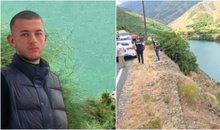

Ancelotti sentenced to one year in prison in Spain for charges
2025-07-09 18:24:44

Osmani visits Washington, meets with the acting Assistant Secretary of State
2025-07-09 18:03:26
EU report, Nesho: Europe is fed up with propaganda
2025-07-09 17:50:34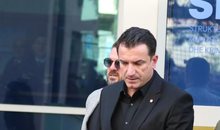
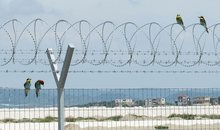
EP urges Albania to halt controversial projects damaging the environment
2025-07-09 17:26:18
Self-talk, the secret that helps us calm our minds
2025-07-09 17:19:55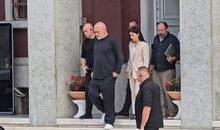
Our Prime Minister's 1000th day!
2025-07-09 17:11:24
Accident in Kosovo, 1 victim and 4 injured reported
2025-07-09 17:01:27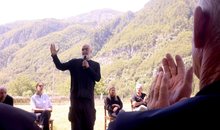

European Court finds Russia guilty of violations in Ukraine
2025-07-09 16:45:35
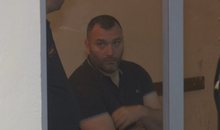
The appeal of the GJKKO upholds the prison sentence for Gjergj Cukali
2025-07-09 16:09:42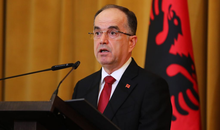

For a perfect tan, you should eat these foods
2025-07-09 15:55:05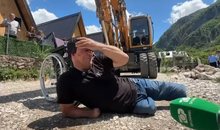
A little light, oh prince...
2025-07-09 15:46:08
Can you protect Velina by serving Edi Rama?
2025-07-09 15:37:51
Bosnian court lifts detention order for Republika Srpska leaders
2025-07-09 15:23:01

Milk production follows the decline of livestock farming
2025-07-09 14:59:38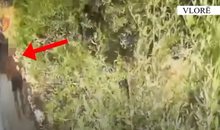
Man arrested after setting fire to aunt's apartment
2025-07-09 14:54:17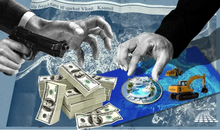

3 in 4 people who go to parties regularly will remain single for life
2025-07-09 14:29:47
Trump threatens to bomb Moscow if it attacks Ukraine
2025-07-09 14:28:40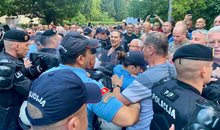
Clashes in Montenegro after prestigious award given to Montenegrin nation-denier
2025-07-09 14:15:48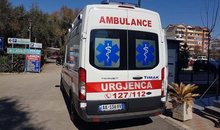
Tirana/ 59-year-old man falls from the second floor of his apartment
2025-07-09 14:05:28


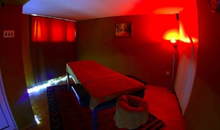

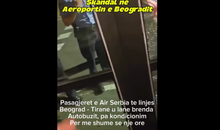

Edi Rama's summer Delirium
2025-07-09 13:05:42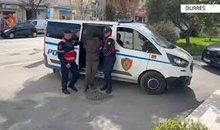
Wanted by Italy, drug trafficker arrested in Durrës (NAME)
2025-07-09 12:50:13
European Parliament adopts report on Albania
2025-07-09 12:44:25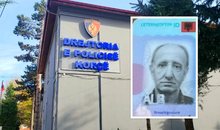
NAME/ Elderly man found dead in Devoll River, investigation leads
2025-07-09 12:24:47
Taxes warn of on-site inspection for invoice sales of agricultural products
2025-07-09 12:20:59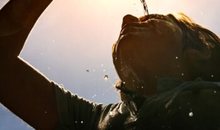
Climate change tripled heat-related deaths in Europe
2025-07-09 12:10:28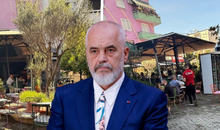
From the ground to paper, Rama announces new reform for "untouched lands"
2025-07-09 11:58:17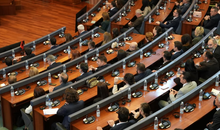
The 44th attempt to create a new Assembly for Kosovo also fails
2025-07-09 11:45:22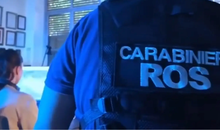
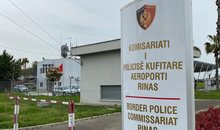
The head of the Rinas police station is reconfirmed in office
2025-07-09 11:25:03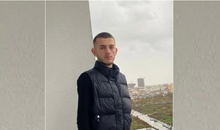

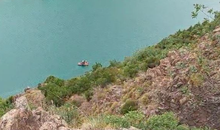
Found dead in Shkopet Lake, 23-year-old has injuries to his throat
2025-07-09 10:41:39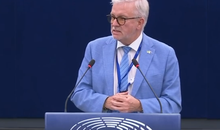
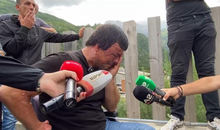

Hoxha: We will have a parliament that will surpass any comedy program!
2025-07-09 10:10:32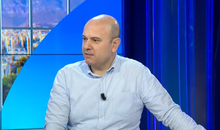
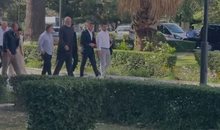
Directors targeted! After Fier and Durrës, Rama arrives in Elbasan
2025-07-09 09:53:57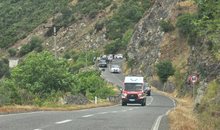
Name/Identification of the 23-year-old found dead near Shkopet Lake
2025-07-09 09:42:34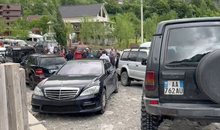
IKM action in Theth, residents come out in protest
2025-07-09 09:34:54
Reasons why the EU has not imposed new sanctions against Russia
2025-07-09 09:18:35
DW: Online scams increase human trafficking
2025-07-09 09:01:29
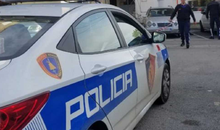
Reported missing by his father, 23-year-old found dead near Shkopet lake
2025-07-09 08:42:13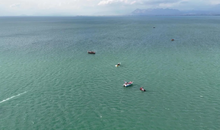
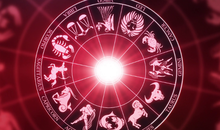
Horoscope, what do the stars have in store for you today?
2025-07-09 08:25:44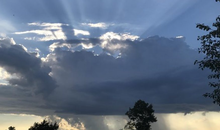
Sun and rain, Wednesday with unstable weather
2025-07-09 08:06:58
Posta e mëngjesit/ Me 2 rreshta: Çfarë pati rëndësi dje në Shqipëri
2025-07-09 07:52:02

Tabaku: Salianji bore a political cost that no one in Albania has borne
2025-07-08 22:36:15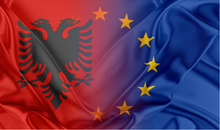

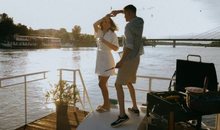
Sekretet për të shijuar verën si një ‘profesionist’
2025-07-08 21:45:06

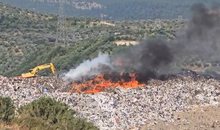
Albania's Waste Crisis: Toxic Smoke and Deep Governance Problems
2025-07-08 21:13:07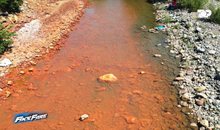
Alarming pollution in Fushë-Arrëz, copper factory waste turns the Fan River red
2025-07-08 21:07:14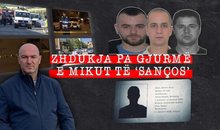

Poll/ How do you assess the Prime Minister's intervention in local government?
2025-07-08 20:40:01
28 arrested in Italy and Spain for drug trafficking, including an Albanian
2025-07-08 20:24:14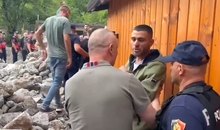
Residents clash with police in Theth: We are on our land
2025-07-08 20:11:41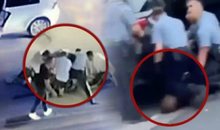
Death of 27-year-old in Lipjan, Osmani: To be investigated independently!
2025-07-08 20:06:52
Trump promises US will send more weapons to Ukraine
2025-07-08 19:54:25
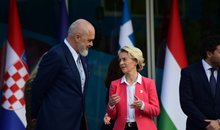
EU targets health, education, police and cadastre as areas of corruption
2025-07-08 19:23:34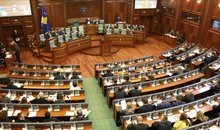
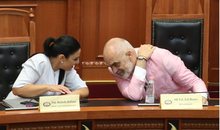
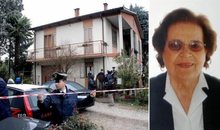


Salianji after his return: I did not oppose for functions, but for vocation
2025-07-08 18:23:15
Will he run in the 2029 elections? Here's how Salianji answers
2025-07-08 18:16:09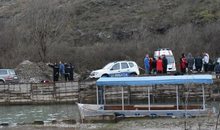
Boat captain drowns after diving into water to save two tourists in Shkodra
2025-07-08 18:05:12
Salianji from the DP headquarters: I brought a drug trafficker to justice
2025-07-08 18:03:26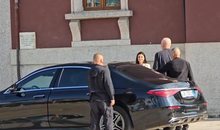
After Fier, Rama "landes" in Durrës, dismissals expected
2025-07-08 17:53:32
Ervin Salianji arrives at the blue headquarters, welcomed by supporters
2025-07-08 17:45:12
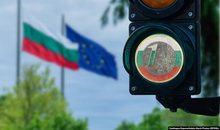
EU approves final steps for Bulgaria's Eurozone membership
2025-07-08 17:43:06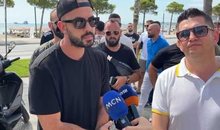

Zhupa after Salianj's release: Inspiration for every opposition member
2025-07-08 17:19:39
Actor David Killick passes away
2025-07-08 17:09:23


